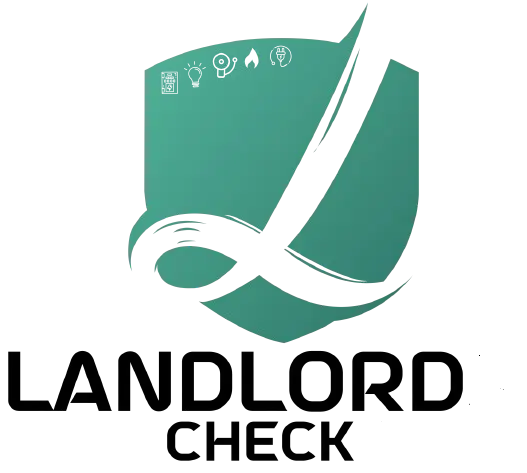Ensuring electrical safety in rental properties is a critical responsibility for landlords across the UK. With evolving regulations and increasing enforcement, understanding landlord electrical certificates, commonly known as Electrical Installation Condition Reports (EICRs), is essential to maintain compliance, protect tenants, and avoid costly penalties.
What is a Landlord Electrical Certificate (EICR)?
A Landlord Electrical Certificate, or EICR, is an official document issued by a qualified electrician after a thorough inspection and testing of the electrical installations within a rental property. This includes wiring, sockets, fuse boxes, lighting, and any fixed electrical equipment. The certificate confirms whether the electrical system is safe and highlights any defects or hazards that require urgent attention.
Legal Requirements for Landlords in the UK
Since 1 April 2021, it has been a legal requirement in England for landlords to have a valid EICR for each rental property. This applies to all existing tenancies, not just new ones. The certificate must be renewed at least every five years or sooner if the inspection report recommends it.
Landlords must:
Arrange for the inspection to be carried out by a qualified electrician registered with a competent person scheme such as NICEIC, NAPIT, or ELECSA.
Provide a copy of the EICR to existing tenants within 28 days of the inspection.
Provide the certificate to new tenants before they move in.
Supply the certificate to the local housing authority within 7 days if requested.
Complete any remedial work identified as urgent (Category 1 or 2 faults) within 28 days or sooner if specified.
Similar regulations apply in Wales and Scotland, with Northern Ireland introducing mandatory electrical safety checks from April 2025.
Why is the EICR Important?
Electrical faults are a leading cause of fires and electric shocks in homes. The EICR helps identify potential risks early, ensuring repairs and maintenance are carried out promptly. Compliance protects landlords from legal action and hefty fines, which can reach up to £30,000 per breach.
What Happens During an EICR Inspection?
A qualified electrician will:
Visually inspect all electrical installations and equipment.
Test wiring, sockets, switches, fuse boards, earthing, and fixed appliances.
Identify any deterioration, damage, or unsafe conditions.
Classify any issues by urgency:
C1 (Danger present)
C2 (Potentially dangerous)
C3 (Improvement recommended)
Provide a detailed report with recommendations and a certificate if the installation is deemed safe.
Exemptions and Special Cases
Newly built or fully rewired properties: If you have a recent Electrical Installation Certificate (EIC), you may not need an immediate EICR.
Short-term rentals: Properties like Airbnbs may require additional Portable Appliance Testing (PAT) alongside EICRs depending on local regulations.
Partial rewires: An EICR is still required if only part of the property has been rewired.
How to Choose a Qualified Electrician
Always use electricians registered with recognized schemes such as NICEIC, NAPIT, or ELECSA. This ensures the inspection is thorough, legally valid, and up to date with current regulations. You can book professional electrical safety inspections and obtain your EICR through trusted providers like Landlords Checks.
Consequences of Non-Compliance
Failing to obtain or renew an EICR can result in:
Fines up to £30,000 or more.
Enforcement action by local authorities.
Increased risk of electrical accidents and fires.
Invalidated insurance policies.
Legal liability if tenants are harmed due to electrical faults.
Summary
For landlords in the UK, obtaining and maintaining a valid Landlord Electrical Safety Certificate (EICR) is not just a legal obligation but a vital step in ensuring tenant safety and protecting your investment. Regular inspections, timely remedial work, and proper documentation will keep you compliant and provide peace of mind.
To book your electrical safety inspection or learn more, visit Landlords Checks Electrical Safety Services.




